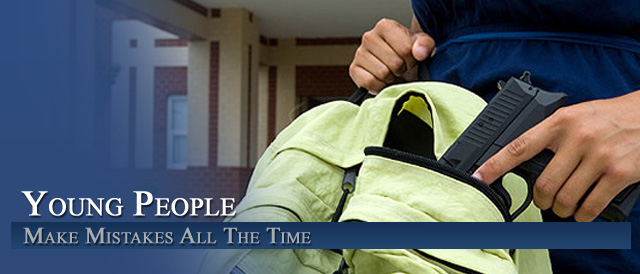
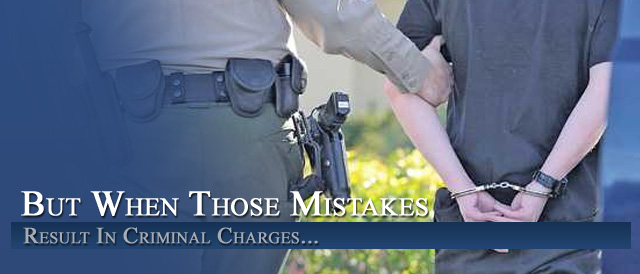
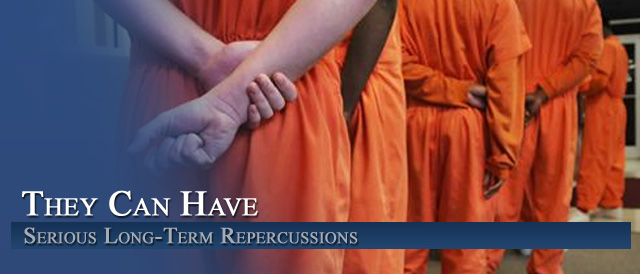
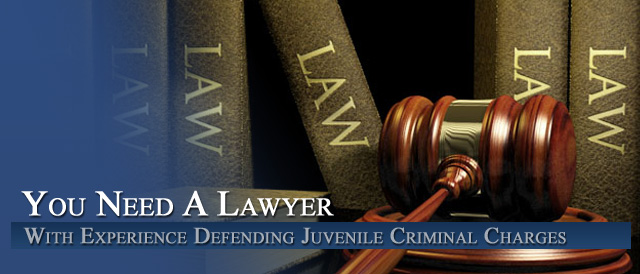
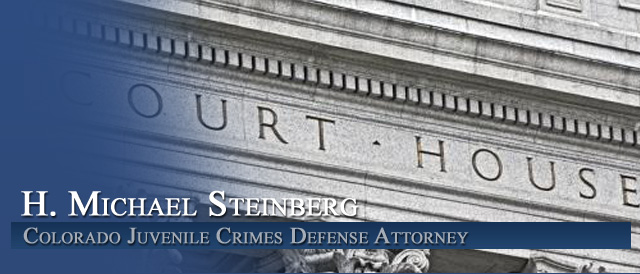
The Filing Of Charges Decision In Colorado Juvenile Criminal Cases – How Is The Case To Be Charged – Plea Bargaining Part II of II
By H. Michael Steinberg – Colorado Criminal Juvenile Defense Lawyer – Attorney

The Filing Of Charges Decision In Colorado Juvenile Criminal Cases – How Is The Case To Be Charged – Plea Bargaining
The Filing Of Charges Decision In Colorado Juvenile Criminal Cases – How Is The Case To Be Charged And Plea Bargaining is addressed in this article. The article also describes some of the types of typical plea agreements in Colorado juvenile criminal cases,
The Kinds Of Plea Bargains And Sentences Available To The Courts In Colorado Juvenile Criminal Cases
Here are examples of the possibilities for plea bargaining in Colorado Juvenile Cases:
The Informal Adjustment Offer – C.R.S. 19-2-703
This is the very best disposition – plea bargain possible without a complete and immediate dismissal . It is almost always only offered to first time offender and avoids even the need – in most instances of a court based hearing. This plea agreements – like all plea agreements DOES require the juvenile to admit the facts of the charges – the allegations and the parents – guardians must also consent. Supervision is similar to a kind of probation but the juvenile is not “adjudicated” (convicted )of the charge .
Colorado Juvenile Diversion Programs C.R.S. 19-2-303 and 19-2-704
The next best alternative to an Informal Adjustment and another alternative to a full “petition in delinquency being filed is an agreement to plea bargain to allow the juvenile to participate in a Colorado sanctioned diversion program.
This agreement is very much like a contract. If the juvenile successfully performs on the contract for diversion and does not commit any new crimes during the period of diversion, the charges are dropped.
The law provides that diversion should be encouraged – as the stated goal of juvenile diversion is to prevent further involvement of the juvenile in the “formal” juvenile and adult justice system .
Diversion programs can take place before charges are filed (like an informal adjustment) or as an alternative to filing of a petition in delinquency. It can also take place at the “post adjudication” stage as a condition of probation at the sentencing hearing. The better of the two is the former of course.
The idea behind Colorado juvenile diversion programs is to focus on accountability while prevent a deeper immersion in the system. The juvenile is plunged into a series of programs and activities to help them to grow up and to understand their criminal and delinquent behavior.
The kids are helped to change the way they may think about their behavior by taking charge of themselves and in kind this helps victims and the community to begin the healing process.
The Colorado Deferred Adjudication C.R.S. 19-2-709
Next along the chain of possible plea bargains in Colorado juvenile court is the Colorado deferred adjudication C.R.S. 19-2-709
Here the juvenile must enter a a plea of guilty. The right to a speedy trial is waived and sentencing – if the juvenile is successful on the deferred judgement – never happens. Sentencing is when the judgement of conviction – known as an adjudication in juvenile court – actually takes place.
The judge must agree to the Deferred Adjudication at the time the plea agreement is placed on the record during the advisement hearing. After accepting the guilty plea, the court will continue the case for a period not to exceed one year from the date of entry of the plea.
The juvenile is then usually placed under the supervision of juvenile probation. The benefit of this plea agreement is that if the Colorado juvenile complies with ALL of the conditions of supervision that make up the deferred adjudication agreement – at the end of the period of the “deferred” the guilty plea is withdrawn and the case is dismissed with prejudice ( meaning it can never be filed again).
However – if the juvenile fails probation and does not comply with the terms of the “deferred” the Judge must enter – after a full an fair probation violation hearing (LINK) an Order of Adjudication and sentencing follows.
Colorado Deferred Adjudications and Juvenile Sex Offenses
While it is difficult to obtain a deferred adjudication in a Colorado Juvenile Sex Offense – if it is successfully negotiated – the terms may be al little different. In the case of juveniles who plead to sexual offense cases, the judge can defer the adjudication for up to two years, and may extend the deferral for up to five years for good cause.
The Filing Of Charges Decision In Colorado Juvenile Criminal Cases – How Is The Case To Be Charged – Plea Bargaining – The Adjudication After Plea Or Juvenile Delinquency Trial
There are two ways a full adjudication – (conviction) – can enter. One is by agreement to an adjudication by way of some form of plea agreement. The other is after a judge or jury verdict of guilty.
If the adjudication is by way of a plea – the following statute – law governs the entry of the plea.
19-2-708. Entry of plea
(1) Upon the entry of a plea of not guilty to the allegations contained in the petition, the court shall set the matter for an adjudicatory trial. Except as otherwise provided in section 19-2-107, the court shall hold the adjudicatory trial within sixty days following the entry of a plea of not guilty.
(2) Upon the entry of a plea of guilty to one or more of the allegations contained in the petition, the court shall advise the juvenile in accordance with rule 3 of the Colorado rules of juvenile procedure. Such advisement shall include the possibility of restorative justice practices, including victim-offender conferences if restorative justice practices are available in the jurisdiction. The advisement regarding restorative justice practices does not establish any right to restorative justice practices on behalf of the juvenile.
The Adjudication Based Plea Or Verdict
If a juvenile enters a plea of guilty, that plea must be made knowingly and voluntarily. For a plea to be knowing – free and voluntary – the juvenile must understand all of his or her rights and must – to accept the plea agreement – give up ALL of those rights.
No plea is ever accepted by a judge unless it is entered without force or coercion. It cannot be received if the juvenile is – at the time of the plea – under the influence of drugs, alcohol, or any thing else which could impair the juvenile’s judgment.
If there is not plea agreement – a juvenile has the right to enter a plea of not guilty and set the matter for trial before a judge or a magistrate. See the articles on Jury Trials.
After the plea or verdict enters – the juvenile is formerly “adjudicated as a delinquent child. “
Colorado Juvenile Delinquency Sentencing
In the absence of a plea agreement as described above – a judge at the sentencing hearing – has a wide range of sentencing options including one or more of the following sentencing options:
1. Commitment of the juvenile to the Department of Human Services for a period not in excess of two years for most juveniles, but up to seven years for the most serious offenders. Commitment also includes a mandatory period of parole of at least six months.
2. If the juvenile is eighteen years of age or older at the time of sentencing, the judge can sentence him or her to county jail or to community corrections.
3. Detention (jail) for up to forty-five days.
4. Placement with a relative or other suitable person or into the custody of the county department of social services.
5. Probation with conditions.
6. Placement in a hospital.
7. Imposition of a fine.
8. Order the juvenile to reimburse any victims for damages caused by the juvenile (i.e., restitution).
When a juvenile delinquent is granted probation, the juvenile court may release the juvenile from probation or modify the terms and conditions of probation at any time. However, any juvenile who has complied satisfactorily with the terms and conditions of the probation for a period of two years shall be released from probation, and the jurisdiction of the court shall be terminated.
The Filing Of Charges Decision In Colorado Juvenile Criminal Cases – How Is The Case To Be Charged – Plea Bargaining
ABOUT THE AUTHOR: H. Michael Steinberg – Email The Author at: hmichaelsteinberg@colorado-juvenile-crimes-lawyer or call his office at 303-627-7777 during business hours – or call his cell if you cannot wait and need his immediate assistance – 720-220-7777.
If you are charged with A Colorado crime or you have questions about The Filing Of Charges Decision In Colorado Juvenile Criminal Cases – How Is The Case To Be Charged – Plea Bargaining, please call our office. The Law Offices of H. Michael Steinberg, in Denver, Colorado, provide criminal defense clients with effective, efficient, intelligent and strong legal advocacy. We can educate you and help you navigate the stressful and complex legal process related to your criminal defense issue.
H. Michael Steinberg, is a Denver, Colorado criminal defense lawyer with over 40 years of day to day courtroom experience – specializing in Colorado Criminal Law along the Front Range. He will provide you with a free initial case consultation to evaluate your legal issues and to answer your questions with an honest assessment of your options. Remember, it costs NOTHING to discuss your case. Call now for an immediate free phone consultation.
Helping Clients To Make Informed Decisions In the Defense of Colorado Criminal Cases.
Contact A Lawyer with Three Decades of Experience as a Denver Criminal Attorney at The Steinberg Colorado Criminal Defense Law Firm Today.
Colorado Defense Lawyer H. Michael Steinberg provides solid criminal defense for clients throughout the Front Range of Colorado – including the City and County courts of Adams County, Arapahoe County, City and County of Boulder, City and County of Broomfield, City and County of Denver, Douglas County, El Paso County – Colorado Springs, Gilpin County, Jefferson County, Larimer County, and Weld County,…. and all the other cities and counties of Colorado along the I-25 Corridor… on cases involving …The Filing Of Charges Decision In Colorado Juvenile Criminal Cases – How Is The Case To Be Charged – Plea Bargaining.
Other Articles of Interest:
- The Filing Of Charges Decision In Colorado Juvenile Criminal Cases – The Charging Decision – Plea Bargaining Part I of II
- Colorado Juvenile Law Statutes
- Understanding The Colorado Juvenile Pretrial System Part I of II
- Birdseye Statutory View – Colorado Juvenile Criminal System
- Colorado Juvenile Criminal Process – The Filing Decision












